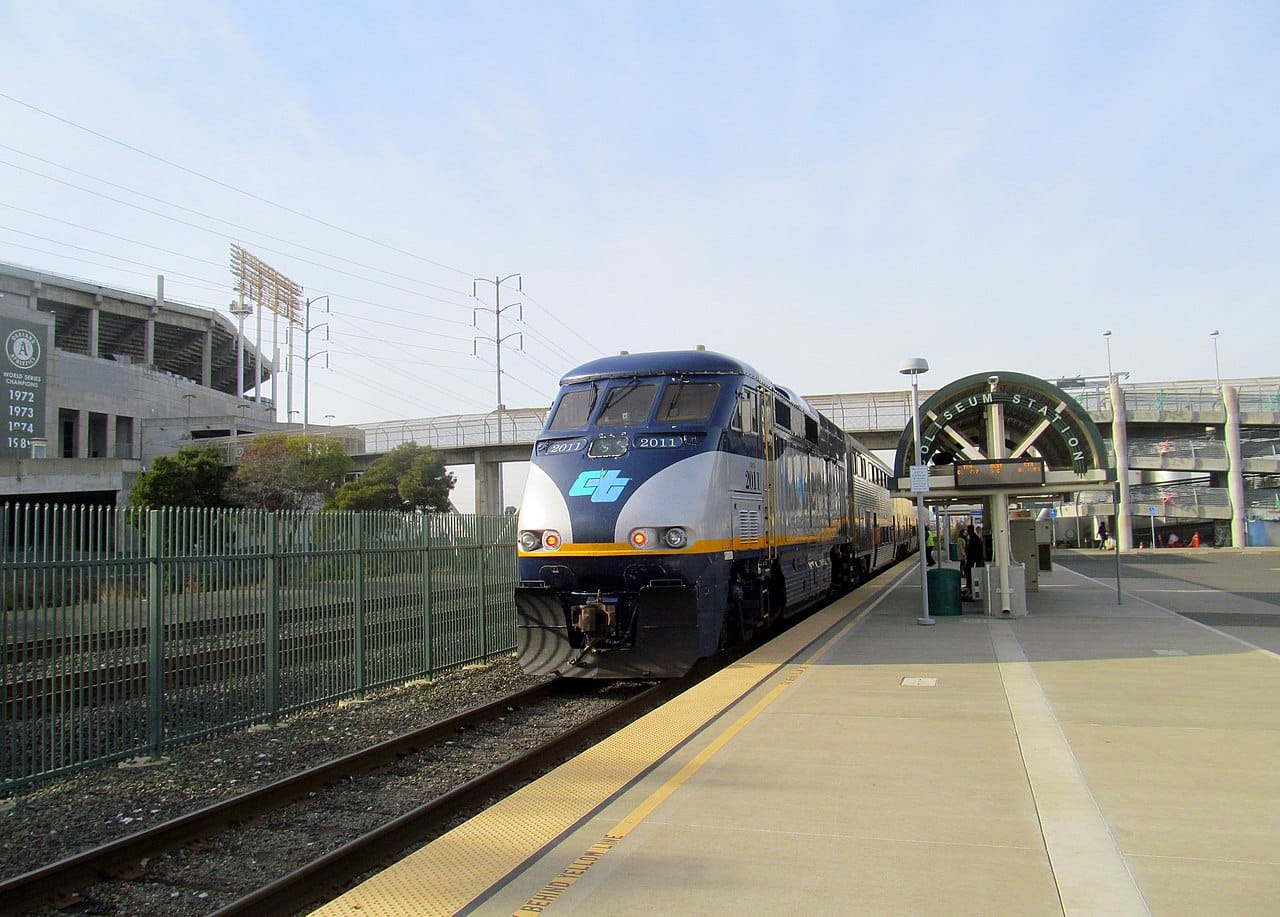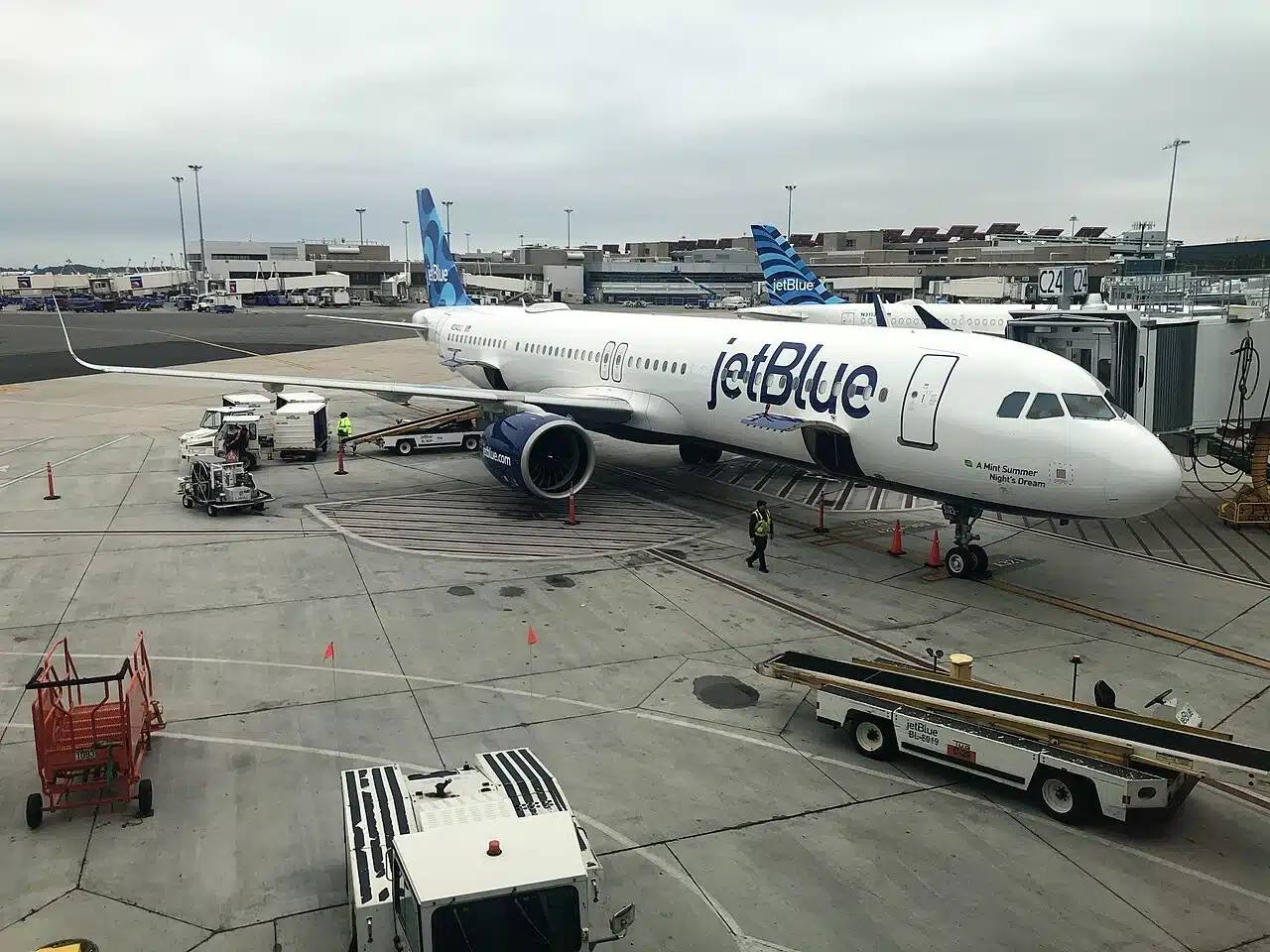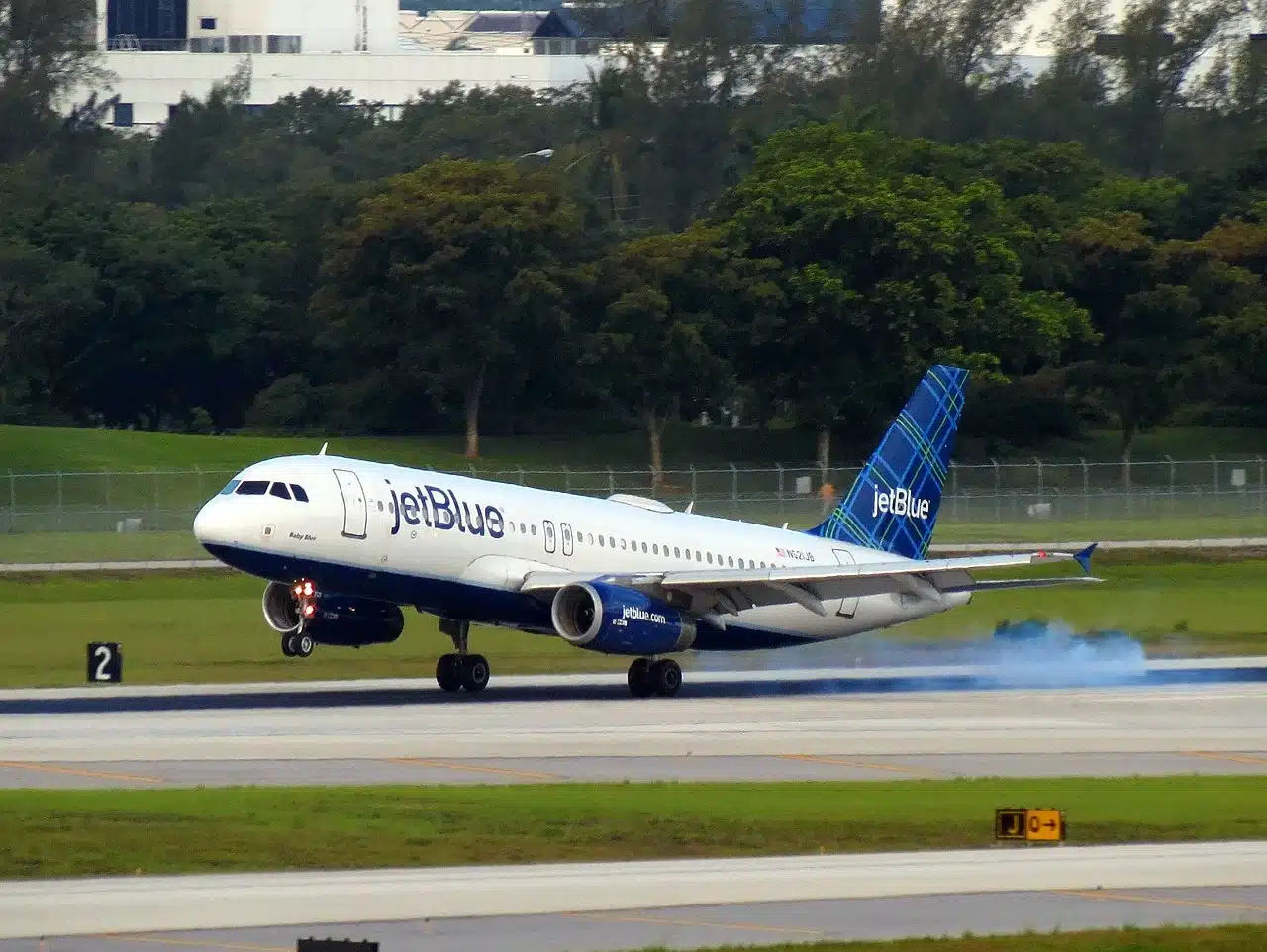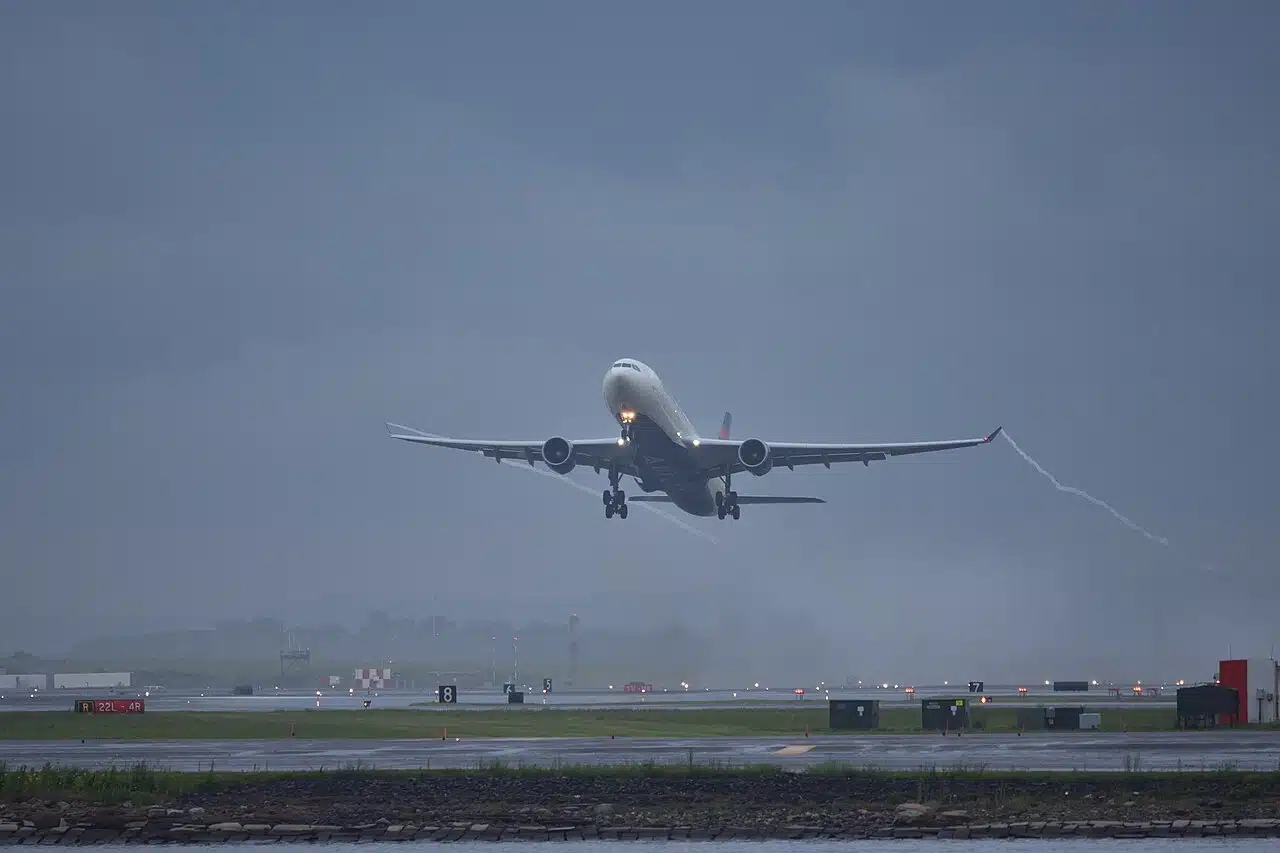


A noticeably absent destination from Los Angeles International Airport for Delta is London. They tried the route several times. Here’s why it hasn’t worked.
Los Angeles International Airport (LAX) functions as a major hub for Delta Air Lines, responsible for connecting Southern California residents to destinations all over the world. Delta calls LAX homes to worldwide destinations that include Auckland, Shanghai, and even Paris.
Yet one notable route is absent. Los Angeles is not home to a Delta flight to London, which is one of the most trafficked cities in the world.
Delta has tried running this route twice before. DAL launched the first iteration of the Los Angeles – London service in 2014, but cancelled in 2015. They tried bringing back the route in 2024, but it was quickly discontinued as well.
Why does this valuable route (on paper) keep failing? The answer is consolidated to Delta’s strategic and market realities.
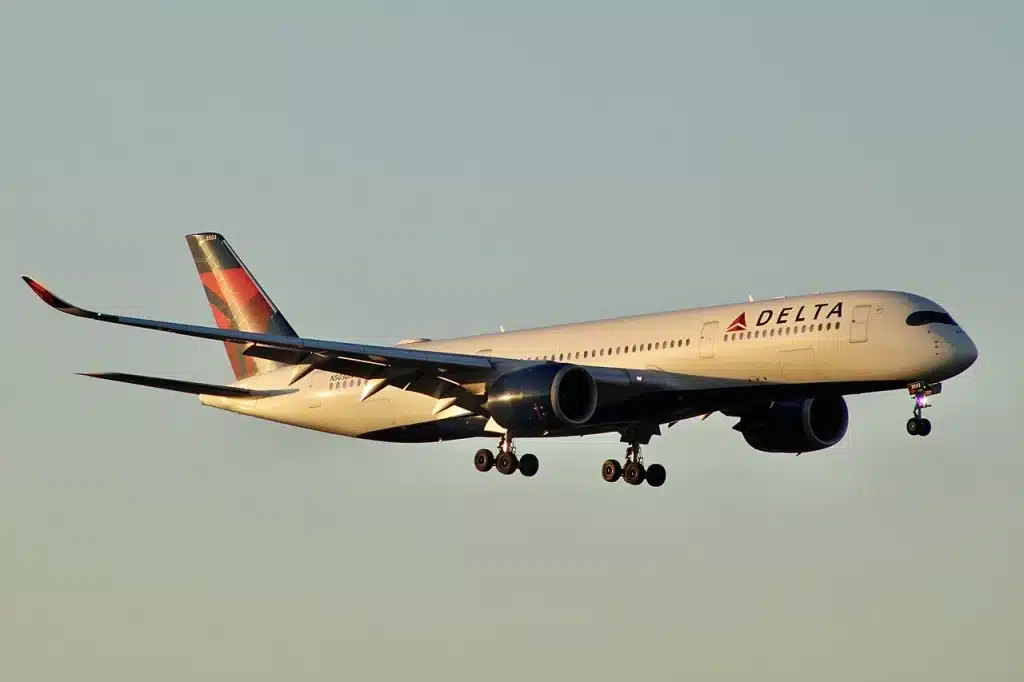
Los Angeles is Delta’s gateway to Asia and Oceania territories. It’s the closest major U.S hub to this Pacific region of the world. Delta focuses its European operations through its East Coast hubs at New York-JFK and Atlanta. Both of which offer significant advantages for London flights.
• Shorter flight times enable more frequent daily departures.
• Geographic positioning allows them to capture connecting passengers from the West Coast.
• Strong business travel demand exists between these East Coast cities and London.
East Coast travelers will never connect through Los Angeles to reach London. It just adds an unreasonable amount of time and distance to the trip. Delta has to solely rely on its West Coast market if they did decide to offer a nonstop flight to London from LAX.
But simply, LAX just doesn’t fit the mold as being an efficient option to London for Delta.
The Los Angeles – London flight market is already grossly saturated. British Airways, American Airlines, United Airlines, and Virgin Atlantic each fly about two daily flights per day on this route. They use their widebody fleet consisting of Boeing 777s, 787 Dreamliners, and Airbus A350s, each seating close to 300+ passengers on average.
At full capacity annually, these carriers could transport 2 million passengers. Yet, actual figures from 2023 traffic was only 1.6 million passengers. There’s simply insufficient demand to support another carrier on this route from Los Angeles.
Delta decided to jointly venture with Virgin Atlantic in 2012 (Delta received a 49% ownership stake) and that changed the equation completely for the airline. Under this rev-share, Delta earns money from Virgin Atlantic’s LAX – London service without even having to operate the flight under Delta colors.
Virgin operates this route pairing with the modern Airbus A350-1000s while providing Delta with financial returns. There’s another benefit to this joint venture. Delta’s widebody fleet is freed to operate on more profitable routes to Asia and Oceania or elsewhere, where the competition is less intense.
Delta has a limited fleet of wide body planes to serve its international network. Deploying these valuable widebodies on highly competitive and potentially unprofitable routes just doesn’t make any sense.
With all the existing competition for the LAX – London route pairing, Delta would likely struggle to fill premium cabins. Premium cabin fares are the lifeline for these types of routes as this allows airlines to earn high margins.
Los Angeles lacks strong London-bound business travel demand unlike that of New York City. Without strong business and premium class fares, operating half full A330neos or A350s on this route would be a financial nightmare for Delta.
Delta’s absence from the Los Angeles – London market is not a mistake. It’s a calculated business decision. The airline generates better profits by focusing their LAX hub on Pacific routes, and leveraging its Virgin Atlantic partnership for London connectivity. From a higher level, Delta is better off concentrating their European flights from the East Coast where they can acquire better load factors and premium business revenue.


